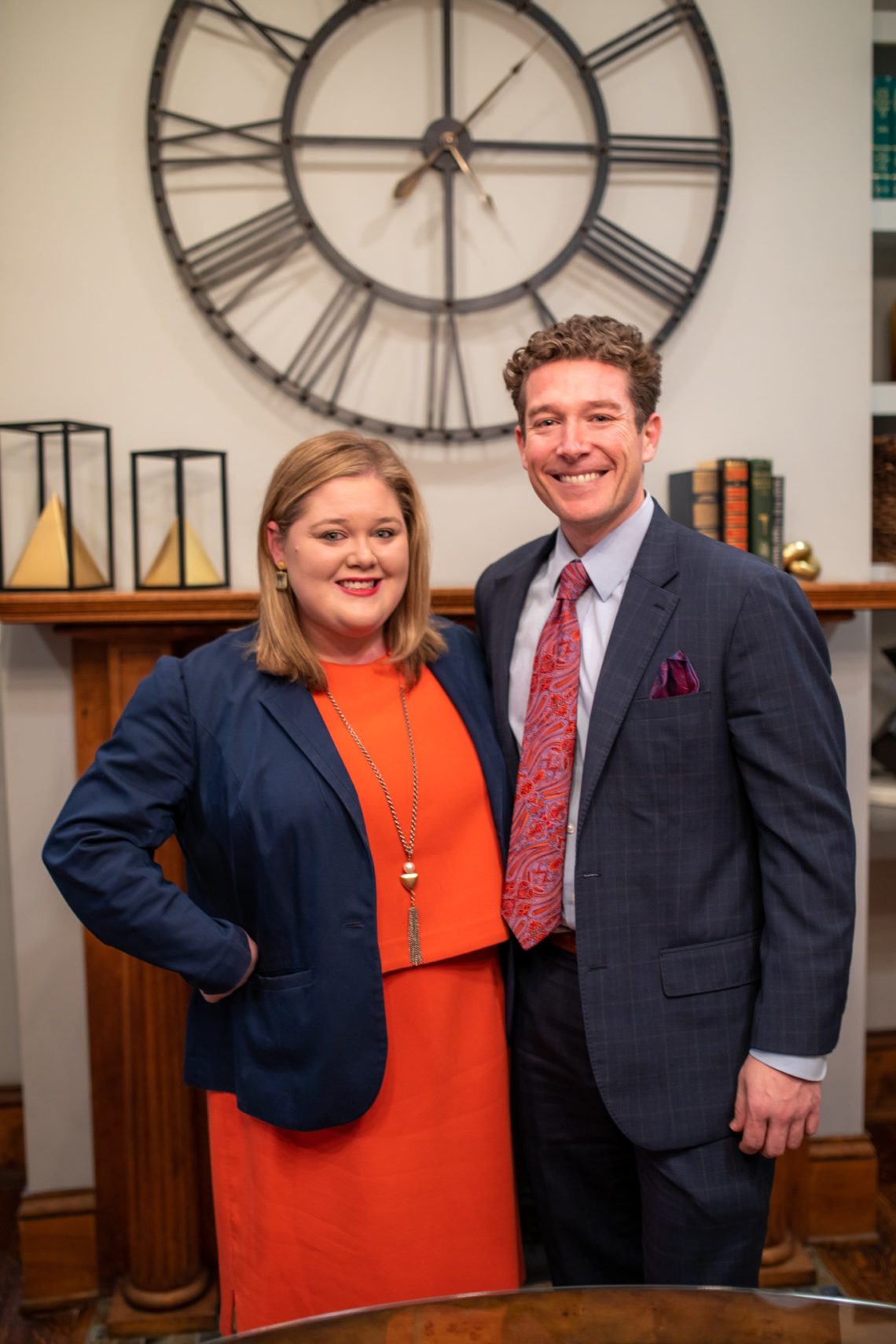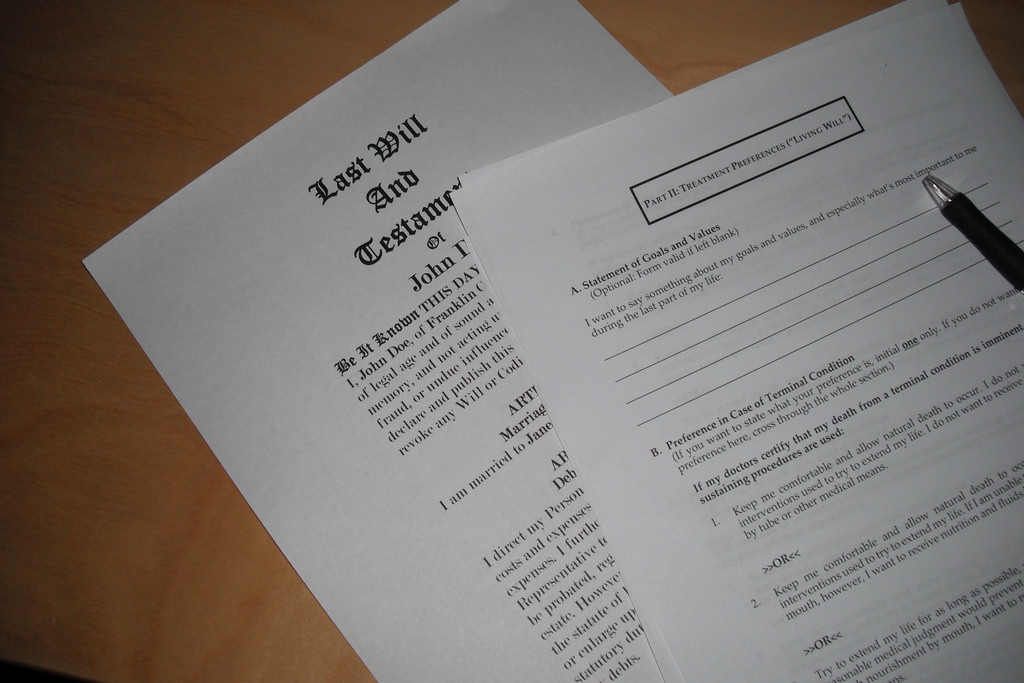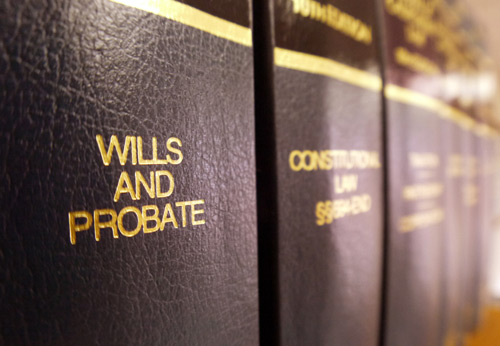A will caveat is a special proceeding in which parties can challenge the validity of a document purporting to be the last will and testament of the decedent. The question to be answered is whether the purported will is valid. As a result, admissible evidence and potential remedies are limited to a determination of that question. Initiating Steps A caveat proceeding is initiated when an individual (the “decedent”) dies, leaving behind a document purporting to be his or her will. The purported will is submitted to the clerk of court to be probated. Any interested party – any party with a pecuniary or beneficiary interest in the decedent’s…
-
-
TORTIOUS INTERFERENCE WITH EXPECTED INHERITANCE
North Carolina recognizes a cause of action for tortious inference with expected inheritance. This cause of action can be confused with tortious interference with prospective economic advantage, which occurs in the context of a contract or potential contract. Conversely, tortious interference with expected inheritance occurs in the context of a will or estate, rather than in the context of a contract or potential contract. Further, unlike a cause of action for undue influence, which permits recovery by the testator (the person executing the will), tortious interference with expected inheritance permits recovery by the individual expecting to benefit from the testator’s will. The Elements To prove tortious interference with…
-
Testamentary Capacity and Undue Influence
In 2015 and 2016, media magnate Sumner Redstone amended his trust, which was challenged by former companion Manuela Herzer. A California court recently ruled that Mr. Redstone possessed the required mental capacity to amend his estate plan. In North Carolina, whether an individual is a billionaire business mogul or anyone else, the requirements for testamentary capacity, or the required mental capacity to create a will or a trust, is the same. Testamentary Capacity To have testamentary capacity a person must be “of sound mind, and 18 years of age or over[.]” In practice, this means that the person creating the will, otherwise known as the testator, must be able to…
-
Congratulations to Trey Lindley and Satie Munn
Lindley Law is pleased to announce Trey Lindley was selected as a 2019 Super Lawyer in Estate and Trust Litigation by Super Lawyers Magazine, making this his eighth consecutive honor from the publication. Lindley Law is also pleased to announce Satie Munn was selected as a 2019 Rising Star in Business Litigation by Super Lawyers Magazine, her first such honor from the publication. Super Lawyers Magazine recognizes outstanding attorneys using a multi-step process that involves soliciting nominations from attorneys across North Carolina (lawyers are not allowed to vote for themselves), a third-party evaluation across 12 key categories, and a peer evaluation by a highly credentialed panel of attorneys. Finalists have attained a high…
-
Breach of Trustees’ Fiduciary Duty – Part 1: General Considerations
This is the first of a four-part series examining trustee’s fiduciary duties and the circumstances that could result in litigation. To begin, we will discuss basic principles that will lay a groundwork to inform our larger discussion. What is a Trust and a Trustee?[1] A trust is a financial instrument or tool through which people can transfer their assets to others over time. People who create trusts are called “settlors,” because they “settle” or initially put assets into the trust. Those who stand to benefit from the assets in the trust are known as “beneficiaries.” The person…
-
Accelerating Estate Disputes: The Living Probate Option
North Carolina joins four other states in providing a path to ensure decedents’ assets are distributed according to their wishes upon death.[1] The North Carolina General Assembly recently enacted legislation amending statutes regarding estate administration by adding a procedure for “living probate.” This action is usually commenced by a testator – the author of a will – prior to his or her death where he or she anticipates a challenge to the will’s validity. The court can now declare a will is valid while the testator is alive, thereby preventing potentially more expensive litigation after the testator’s death, when he or she is unable to…
-
Six Ways to Challenge a Will’s Validity
Wills must meet several basic requirements to be valid and enforceable under state law. If any of the below factors are at work, then a will’s validity may be challenged. (1) Undue Influence Undue influence exists when a person uses coercion to influence the testator (the person creating a will) into executing a will that does not accurately reflect the testator’s true wishes. There are several red flags to keep in mind if you are suspicious a loved one’s will is the product of undue influence. Unusual dispositions of property, sickness and vulnerability of the testator to undue influence,…
-
Caveat to a Caveat to a Will: North Carolina Court of Appeals Offers Non-Binding Opinion
In October the North Carolina Court of Appeals issued an unpublished opinion addressing the circumstances under which it is appropriate to grant a motion to dismiss in the context of a will caveat.[1] A caveat is a legal challenge to the probate of a will when there is confusion or disagreement as to the interpretation of the will. The three issues addressed were: (1) can a caveat challenge only a part of a will; (2) can an executor who presents a will for probate later file a caveat; and (3) can one who accepts a benefit under a will later challenge its validity via caveat?…
-
N.C. Court of Appeals: Caveators Were Not Prejudiced By Dead Man’s Statute Since the Jury “heard the gist of caveators’ evidence.”
In 1960 Charles Pickelsimer (“Charles”) inherited significant stock holdings in a family telecommunications company.[1] Over the next 45 years, Charles gave his children and grandchildren stock certificates as gifts. When he sold the company in 2008 for $65 million, Charles and his children received significant cash distributions. In 2009, Charles and his wife executed an estate plan to protect their assets, and their children were the primary beneficiaries. Charles was diagnosed with mild dementia and memory loss in January 2010, and his wife died in March of that year. His condition continued to subsequently decline. Charles executed a new estate plan in August 2010 (“2010…







